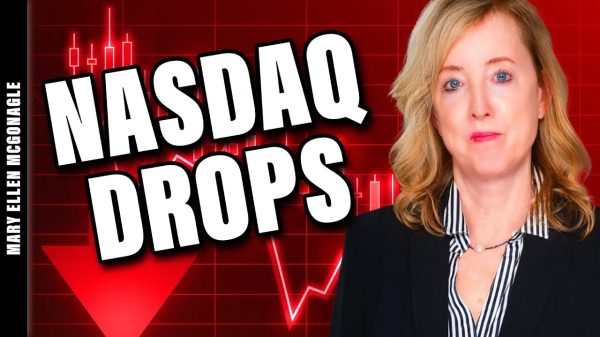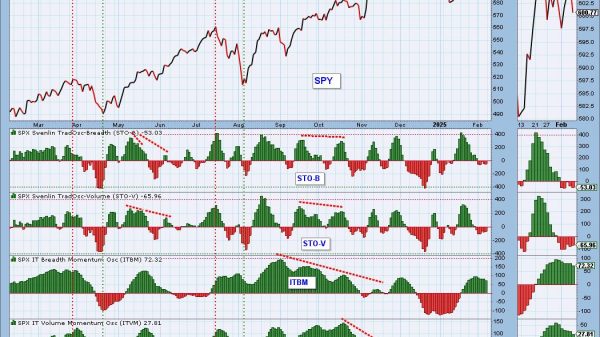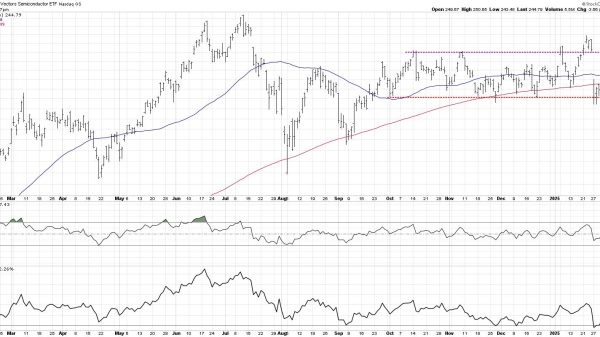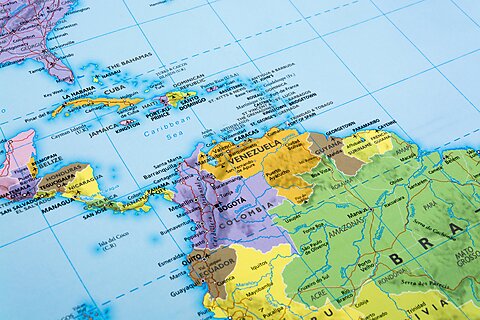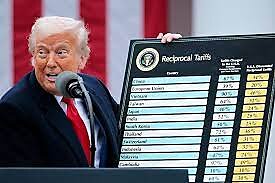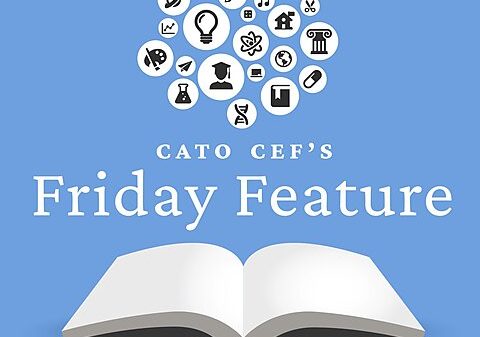Neal McCluskey

On October 30, the US Department of Education published new regulations governing Public Service Loan Forgiveness (PSLF), a program created in 2007 that cancels a borrower’s remaining federal student debt after ten years of repayment for those who work for a “public service” employer, generally defined as government or a non-profit entity. The idea is to reward people who work for the “public good.” But as the Trump administration is likely to make clear going forward, one person’s “public good” might be someone else’s “public really bad,” and it is dangerous to let the federal government—heck, just the executive branch—decide who gets special treatment based on something so subjective—and politically loaded.
Before getting into the details of the Trump regulations, make no mistake that Public Service Loan Forgiveness inherently makes a dubious judgement about who is more virtuous, lionizing those who work for putatively nonprofit entities—especially government—despite for-profit employers furnishing crucial stuff ranging from food to computers, and people such as doctors at nonprofit hospitals likely being no more selfless than those at for-profit.
As unhelpful as the distinction between employment by nonprofit and for-profit entities is, it is probably not as dangerous as deciding who serves the public good and who subverts it. And the Trump order is very much about subversion. Going forward, it would make employment by organizations deemed to be involved in any of the following, with a “substantial illegal purpose,” ineligible for loan forgiveness:
- aiding and abetting violations of Federal immigration laws
- supporting terrorism or engaging in violence for the purpose of obstructing or influencing Federal Government policy
- engaging in the chemical and surgical castration or mutilation of children in violation of Federal or State law
- engaging in the trafficking of children to States for purposes of emancipation from their lawful parents in violation of Federal or State law
- engaging in a pattern of aiding and abetting illegal discrimination
- engaging in a pattern of violating State laws
A lot of these provisions specifically mention breaking laws. That might seem clear-cut, but there is subjectivity here, as the Secretary of Education decides which employers have run afoul of the law, doing so using only a preponderance of evidence standard. Basically, a 50 percent-or-greater certainty standard, and there is no way to prove that a secretary is slightly more than 50 percent sure of anything.
It is not difficult to imagine how this could play out. Are you a nonprofit employer with diversity, equity, and inclusion policies? Sorry, that violates the administration’s interpretation of the Civil Rights Act of 1964. Do you support sanctuary cities for immigrants? That breaks immigration law. Does the employer strongly support Palestine? Disqualified for supporting terrorism.
Employers who are cut off will be able to sue and possibly win, but to a large extent, the process will be the punishment, requiring significant employer time and money to fight the federal government, which defends itself with taxpayer dollars. And while letting a presidential administration decide which employers are worthy of conferring loan forgiveness on their employees is dangerous and unconstitutional under any administration, conservatives should, as always, remember that a future progressive administration could use this power against them.
President Sanders or Ocasio-Cortez could designate nonprofit employers, including school districts, that prohibit bathroom and locker room choice for transgender students as violating civil rights law or could cut off organizations they decide do not hire enough members of racial minority groups.
PSLF is a terrible policy all around. It favors one type of employee over another, fuels college price inflation, enables the executive branch to make political judgments about who serves the nebulous “public good,” and violates the Constitution, which gives the feds no authority to engage in college student lending to begin with. It needs to end.







